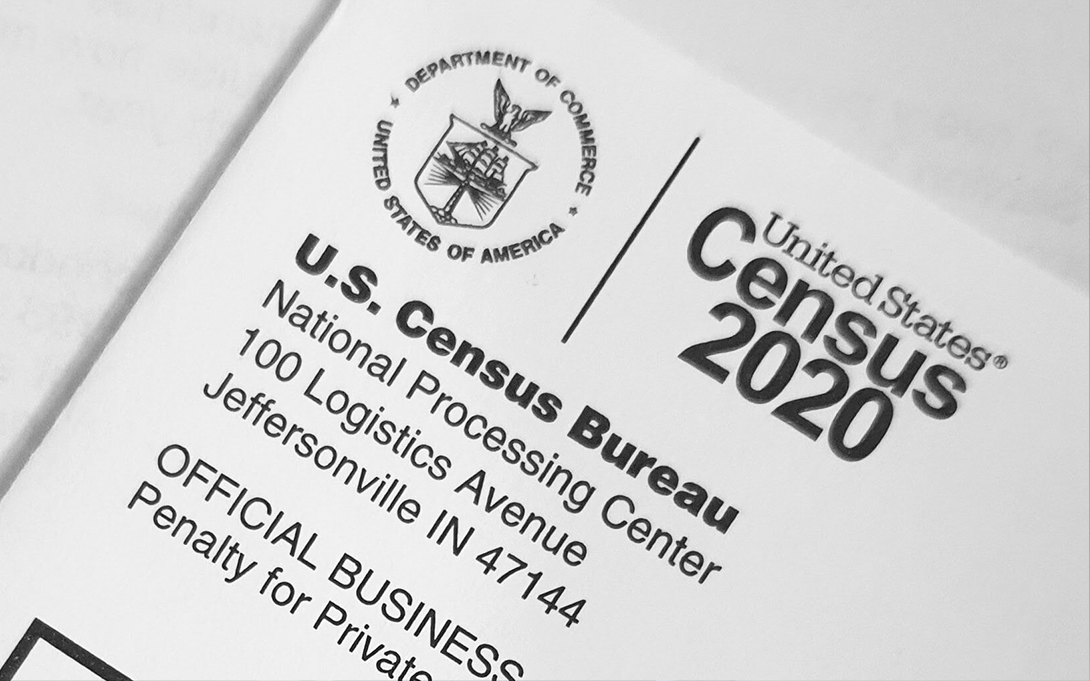
Gathering 2020 Census data was always going to be complicated, as the U.S. Commerce Department varied its criteria and reduced the budget for in-person contact in the lead-up to the count. When the pandemic struck in March, just before the official launch, all operations had to be retooled.
Against that backdrop, only 5% of local officials in Michigan expressed strong confidence in the count’s completeness or accuracy, according to the Spring 2020 Michigan Public Policy Survey (MPPS).
At the same time, according to the Census Bureau, Michigan’s 2020 response rate (69.4%) had already surpassed its final 2010 response rate (67.7%) by Aug. 20, placing Michigan at 5th in the national ranking, well above the 64.2% national response rate at that time.
The Center for Local, State, and Urban Policy (CLOSUP) at the University of Michigan’s Ford School of Public Policy conducts the MPPS every spring, and this year reached nearly 1,350 leaders of counties, municipalities and townships.
Among the responses to the survey questions about the Census:
- As of spring 2020, only 5% of Michigan’s local government leaders are very confident that the 2020 Census statewide count will be accurate, unchanged from when they were asked in 2019, while the percentage who are somewhat confident has declined from 56 to 51.
- Local leaders’ confidence in the accuracy of their own local community count is higher, but also down compared to expectations when asked in 2019. Overall, 15% are very confident (unchanged from last year) while 58% are somewhat confident, down from 64% when asked a year ago.
- In 2020, confidence continues to be lower and shows greater declines in jurisdictions with larger minority populations compared with less racially diverse communities. In addition, officials from rural jurisdictions are less likely to be very confident in the Census count in their jurisdictions compared to more suburban or urban officials. Confidence has declined the most among urban local leaders compared with last year (a net change of 34 percentage points).
- In April and May, more than two-thirds of Michigan local governments reported taking actions to encourage their residents to complete their Census forms. This is up from 53% who responded similarly during the 2010 Census, and up sharply from 35% who reported planning such actions for this year, when asked in 2019.
- By far, the most common action reported is a new option available for the 2020 Census and one particularly suited to the challenges of the COVID-19 pandemic: encouraging residents to complete the Census online. The next most common actions include direct communications to residents and collaboration with other organizations to boost residents’ participation.
“Facing more challenges than ever to an accurate count, including fewer enumerators hired for door-to-door work and a historic pandemic, Michigan’s local governments have upped their game to boost participation, compared to 2010,” said Tom Ivacko, executive director of CLOSUP. “Nonetheless, few jurisdictions took multiple actions and local leaders have become more pessimistic about the counts over the last year, which should concern all Michiganders, given the impacts of potential undercounts.”
The survey also finds that, regionally, confidence about local 2020 Census counts is particularly low among local leaders from jurisdictions across northern Michigan and the Upper Peninsula.
“If we are relying on Michigan residents to complete the Census online, this may be a problem in communities where internet access is a challenge,” said Debra Horner, MPPS project manager.
Launched in the wake of the Great Recession in 2009 by CLOSUP, the MPPS is conducted in partnership with the Michigan Association of Counties, Michigan Municipal League and Michigan Townships Association.
The full brief can be found here.

